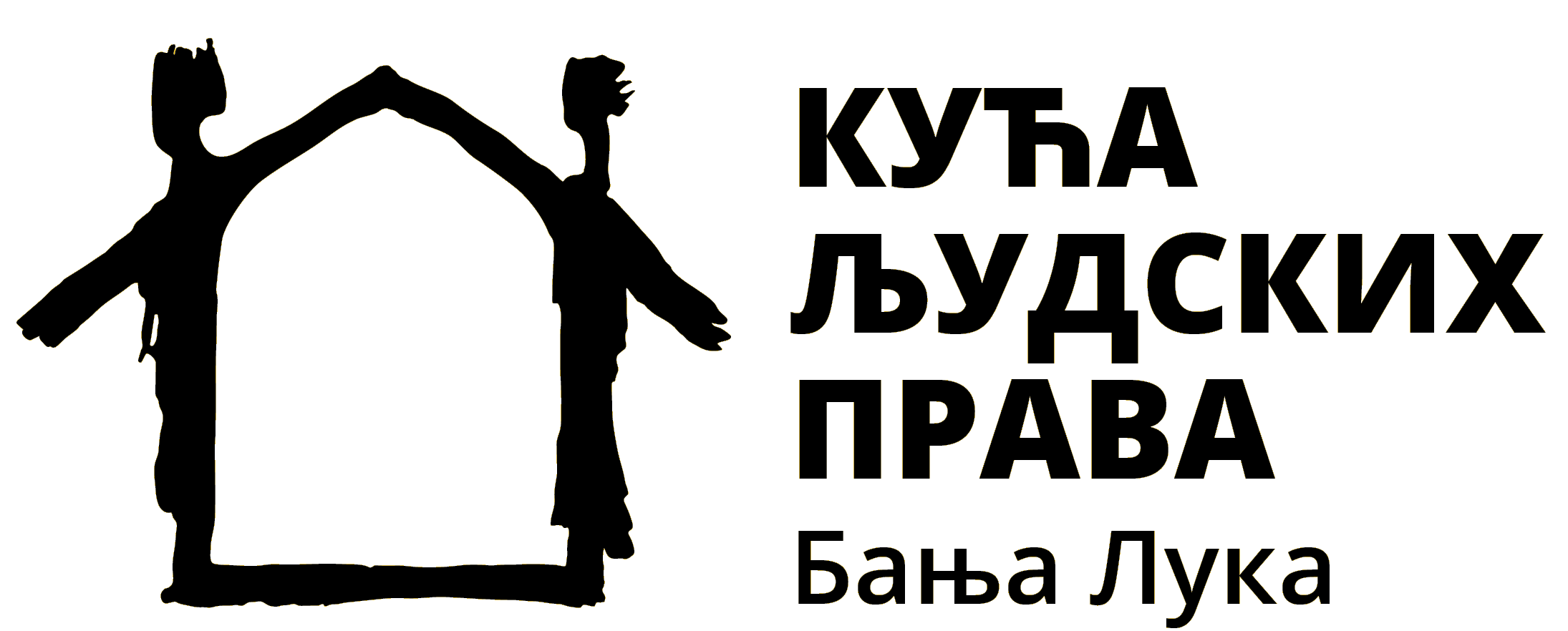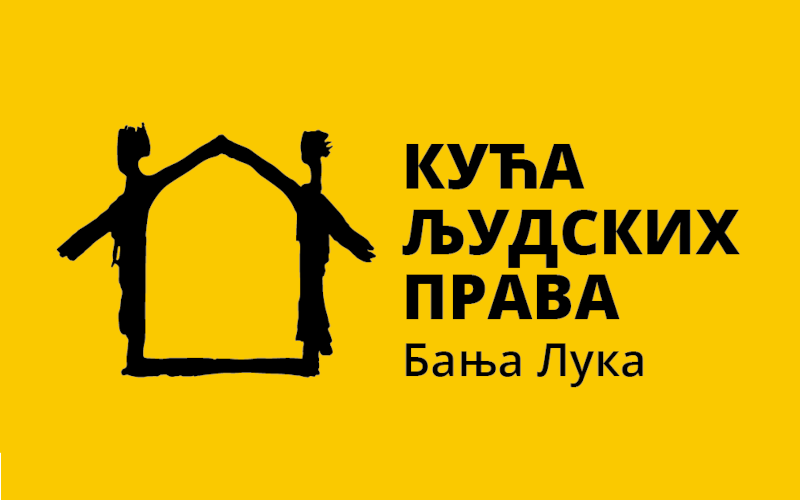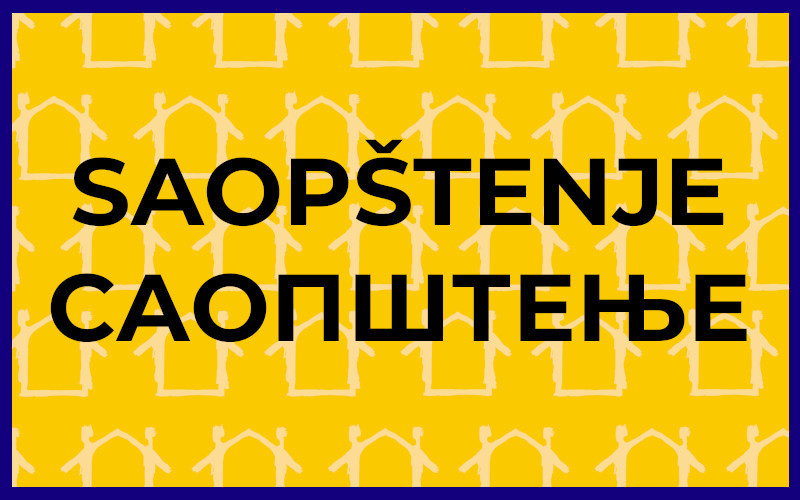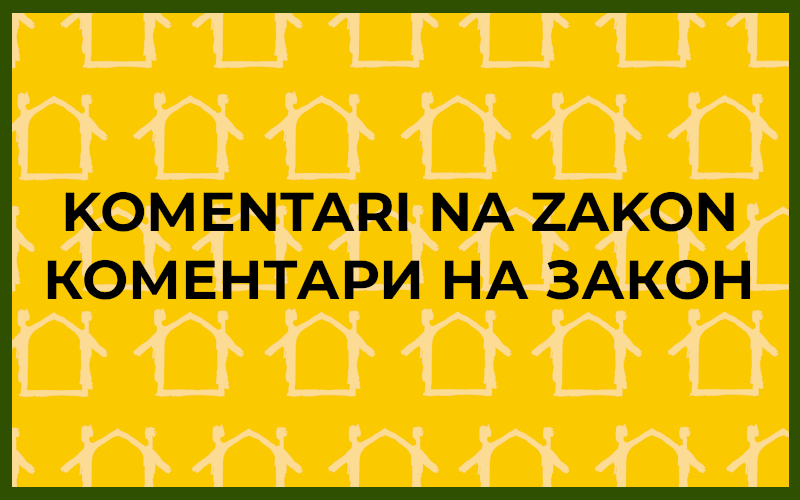The Human Rights House Banja Luka submitted its comments on the Draft Law on Referendum and Citizen Initiative, which can be read below.
Respected,
In accordance with the published call, we are sending comments on the Draft Law on Referendum and Citizen Initiative (hereinafter: Draft).
First of all, we would like to point out that there is no notice of public hearings posted on the official website of this ministry, but the same is on the website of the Ministry of Justice, although, in accordance with Conclusion No. 02/1-021-1492/23 from December 22, 2023 of the National Assembly of the Republic of Srpska in connection with the Draft Law on Referendum and Citizen Initiative, the Ministry of Administration and Local Self-Government was responsible for organizing and conducting the public hearing.
Considering such circumstances, we believe that there was a complete lack of timely and truthful information to the public, because, as we stated, according to the Conclusion of the National Assembly of the Republic of Srpska, the organizer of this public discussion was the Ministry of Administration and Local Self-Government, and therefore the public expected that this notice appears on the official website of this ministry. In addition, considering that this law is important for the public, we believe that the public discussion, in addition to Banja Luka, had to be held in at least one other city of the Republic of Srpska.
COMMENTS ON ARTICLES
Comment on Article 55
Article text:
“The referendum question received the support of the citizens if more than half of the citizens declared for it out of all those who voted on referendum.”
Comment:
A good practice in this direction would be to determine that the referendum question received the support of the citizens if the majority of all citizens registered in the voting list voted for it, so that every vote in the referendum would have greater legitimacy among the citizens of Republic of Srpska.
Alternatively, if our first comment is not accepted, it is necessary to include in the same article the provision that is currently in the applicable Law on Referendum and Citizen Initiative (Official Gazette of the Republic of Srpska, No. 42/2010; Article 35, Paragraph 1): “The referendum is valid if the majority of citizens who have the right to vote and who are registered in the voting list voted.”
Comment on Article 62
Article text:
“(1) If a citizen initiative requests changes to the Constitution, laws, other regulations and general acts under the competence of the National Assembly, the list of signatories of the initiative must contain at least 3,000 signatures of citizens.
(2) If a citizen initiative requests a change in regulations and general acts under the jurisdiction of the city assembly, that is, the municipality, the list of signatories of the initiative must contain the required number of signatures of citizens registered in the voting list of the city, that is, the municipality, determined by the statute in accordance with local self-government regulations.”
Comment:
Article 132 of the Constitution of the Republic of Srpska (Official Gazette of the Republic of Srpska, numbers 21/1992, 28/1994, 8/1996, 13/1996, 15/1996, 16/1996, 21/1996, 21/2002, 31/2002, 31 /2003, 98/2003 and 115/2005) stipulates that the proposal to change the Constitution of the Republic can be submitted by the President of the Republic, the Government and at least 30 members of the National Assembly.
Article 76 of the Constitution of the Republic of Srpska stipulates that the right to propose laws, other regulations and general acts belongs to the President of the Republic, the Government, each member of assembly or at least 3,000 voters.
These articles of the Constitution do not stipulate that 3,000 citizens can propose or initiate changes to the Constitution of the Republic of Srpska, and this calls into question the constitutionality of this article. If the constitution maker wanted for 3,000 voters/citizens to be able to initiate changes to the Constitution of Republic of Srpska, he/she would certainly have included it in the text of the Constitution itself.
Certainly, a major shortcoming of the Constitution of the Republic of Srpska is that it did not give citizens the right to propose changes to the Constitution, as they are the holders of power in the Republic, and in the future this should certainly be done and, accordingly, changes should be made in the relevant laws.
However, the question of the possible constitutionality of this article and positions what are and whether there are differences between the will of the constitution maker, initiative and proposal in this sense are currently being raised.



